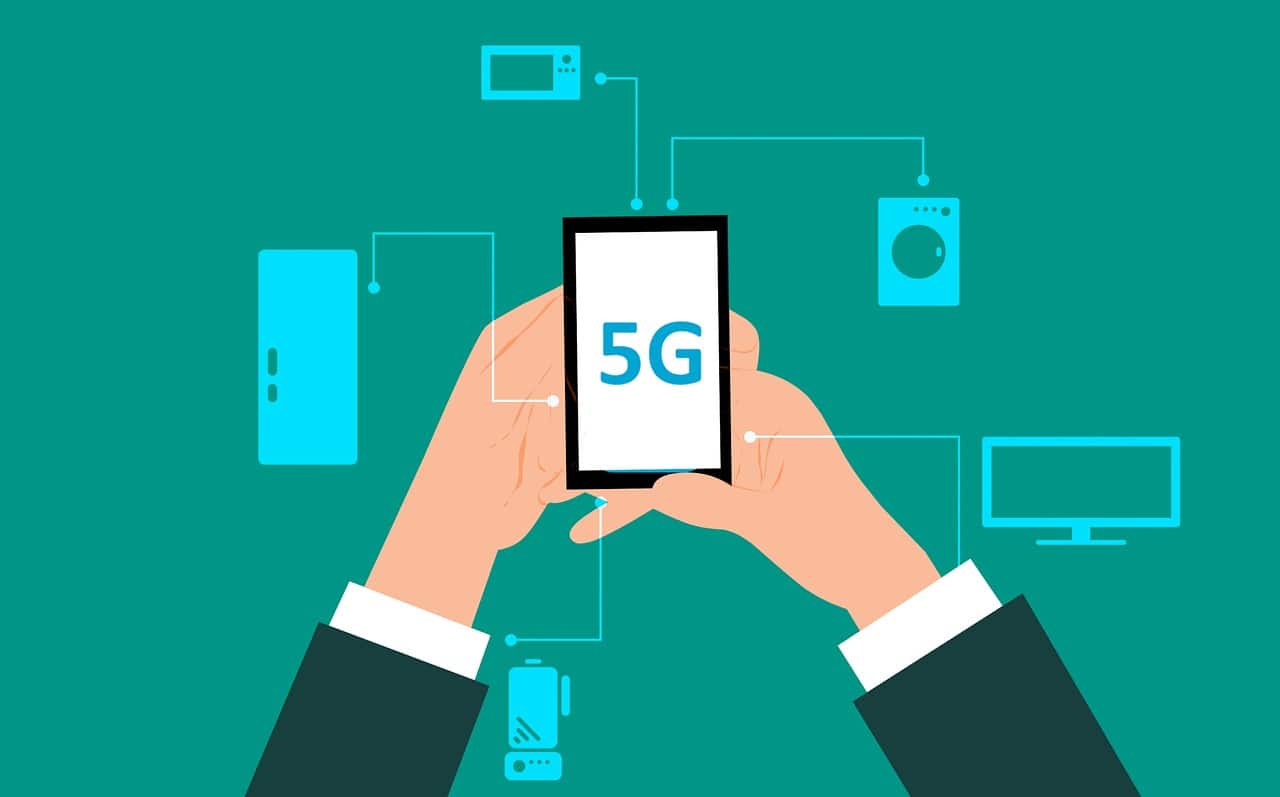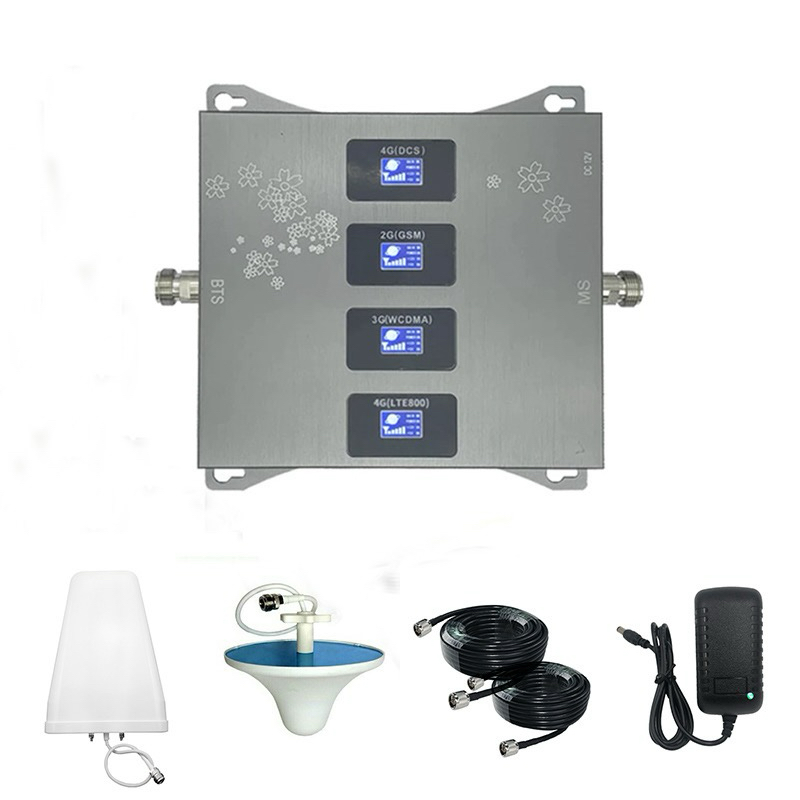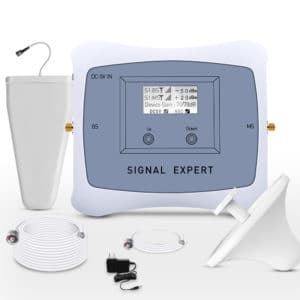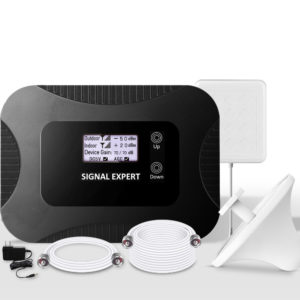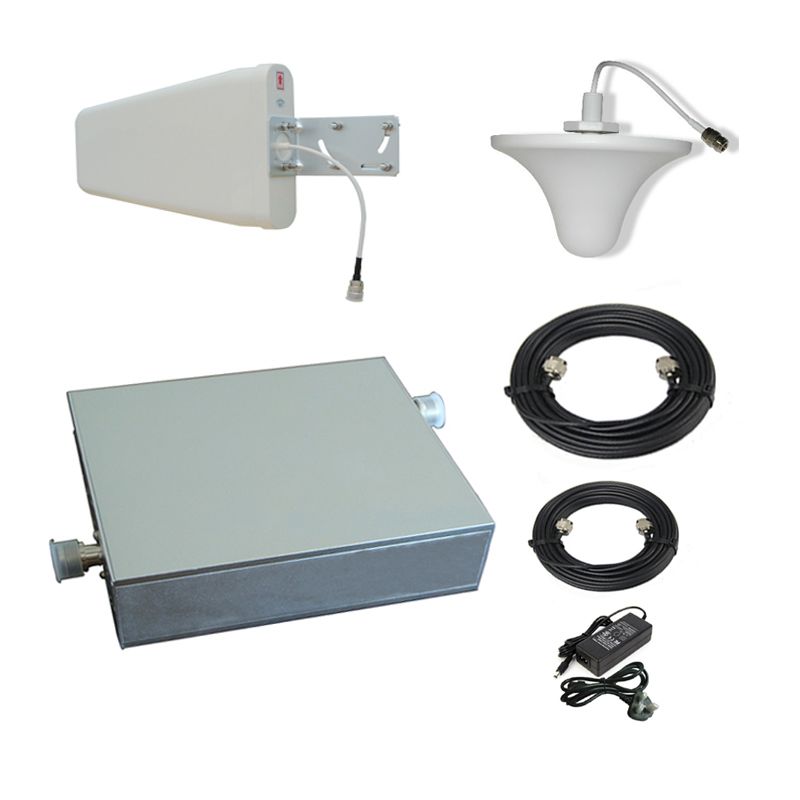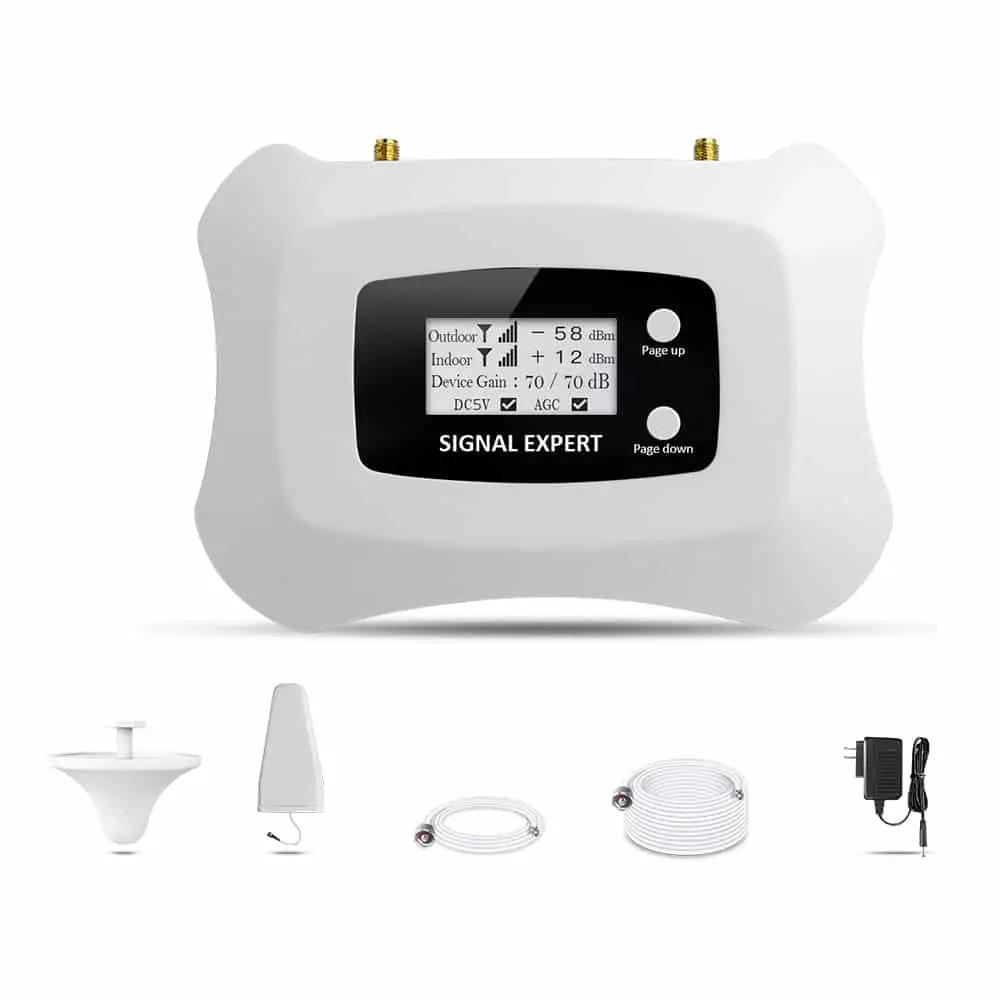Why You Need 5G Signal Booster
Do you really need to buy a 5G Signal Booster? Most of the tech researchers are betting that 5G (fifth generation) is expected to be the most popular mobile Internet option in the world once rolled out.
5G mobile Internet is expected to meet all the needs of a contemporary “hyper-connected society”. And this makes it possible to maintain high-speed connectivity to provide both voice and mobile internet data to the users. But, yes you will need 5G signal booster to enjoy all the benefits of the 5G mobile network.
In this post, we are going to discuss why would you need a 5G signal booster. And also everything you need to know about 5G Signal Boosters and their benefits.
Why will You Need a 5G Signal Booster?
5G coverage is expected to be more stable, stronger and omnipresent. But, as we all know and have experienced in cases of 2G, 3G and 4G spectrum rollouts that these were not available straight away. Similarly, 5G will also be not available straight away.
Most probably the 5G will stay patchy and poor until the infrastructure catches up with the needs of a city. It requires a very long time to become fully functional for the users.
Hence, the users who will switch to the 5G network may not get the full signal strength. But, for those users, we propose the best 5G signal booster. This booster can help them get the best 5G signal strength to enjoy high-speed connectivity. Mobile Booster NZ is the pioneer in introducing and supplying the best mobile phone signal boosters. Our tenacity of a decade testifies this and we always keep ourselves and our customers ahead of the times!
Benefits of 5G Technology
There are numerous benefits which the 5G technology gives to us:
- Around 10 Gb/s speed (a speed which only broadband connections can provide will now be provided by mobile networks). This will be possible because of the multichannels (parallelism in frequencies and base stations).
- Latency will be decreased by up to 1 millisecond which is a tenfold decrease than the existing 4G network.
- More reliable connection with a very low packet loss rate. It would be a hundred times better connectivity on 5G networks than the existing 4G networks.
- 5G signal towers or masts would be able to provide high-speed connectivity to almost 106 people in a 1-kilometer radius.
So, technically 5G won’t only improve 4G networks, but also give users the freedom to use it as their wireless internet connection for homes and offices. Whether it’s an instant download of a movie or watching a live show, everything will be very fast on 5G.
How 5G Works?
First of all, we need to understand how a 5G network will work to provide such incredible speed and reliability.
5G will work on a very high-frequency range which would be at least 10 times faster than the 4G. This simply means that with higher frequency the speed, connectivity, reliability would much better than the existing 4G network.
Let’s take an example to understand the work structure of the 5G network. For instance, currently, the frequency of home WiFi is 2.4 or 5 GHz, and the frequency of the existing mobile networks (4G and 4G LTE) ranges within 2.6 GHz. Whereas, 5G, will straight away start from 24 GHz and would go up to 72 GHz. That’s minimum 10 times faster than the existing 4G connections at least.
Also, the 5G would have a shorter wavelength (millimeter waves) like the radio frequency. This means that the data transfer speed will be many times faster. It also lessens the pressure on the network and it would have lesser congestion in the network.
What are the Problems with 5G Networks?
The problem with the shorter millimeter waves is that they have lots of difficulties passing through the obstacles. Until now, large powerful signal towers or cellular masts provide communication over long distances, but with 5G it wouldn’t be possible.
The cellular network operators would need to install many compact low-power towers everywhere. In cities where there are thousands of high-rise buildings that block the signals, it would require the network operators to install thousands of those small cellular masts to make the 5G signal reach the users.
Every single cellular tower requires a huge amount of money in terms of installation and maintenance, hence it doesn’t seem that the cellular operators would invest so much of money in one go to make the 5G signals available to every user and in every building of the country. Hence, users switching to the 5G network in quest of fast speed network connectivity would have to install a 5G signal booster to enjoy the high-speed connectivity of the 5G network.
As per a simple calculation, you can take it as follows:
To provide a reliable 5G network, the number of base stations has to be enhanced by 500 times in cities and 350 times in rural areas. That means 500 times more expenses for the mobile network operators. So, you can imagine that this is not going to happen in the near future and users will have to still find solutions to get full signal strength.
Testings and Deployments of 5G
So far 5G has been tested in South Korea and the United States and experts say that it needs more refinement before its launch in other areas.
Now you might be thinking that if 4G would be the main force in coming years or 5G will phase the 4G out and everything would switch to 5G?
4G or 5G – Which would be the Main Force?
5G would not be available to everyone in one go. Most of the users will still remain on the 4G network until the 5G network is available to everyone. Simply putting:
- 5G will take several years to be available in all countries and all areas of every country.
- 5G will not replace 4G, but it will be available as a better option than the 4G and 4G LTE.
- Rural areas may see the 5G deployment probably a decade after the deployment in urban areas.
- 5G would require complete new hardware in terms of the mobile handset, 5G signal booster, etc. So, you can imagine that everyone would not buy a new phone to use 5G straight away.
- 5G consumes more battery from a mobile device because of the high number of frequencies traveling through and fro from the mobile device to the nearest mast to make the connection stable. So, users would wait for the mobile manufacturers to manufacture mobile phones with high power battery which can be used with a 5G mobile network.
- 5G subscription would be at least 10 times expensive than the 4G subscription. So there would be very few people who would be willing to pay that much of money for using the 5G network initially.
Conclusion
With the discussion above we can conclude that mobile phone users will stay reluctant to subscribing to 5G services as they don’t require such fast networks for their daily communications.
Thus, if your 4G LTE networks leave much to be desired and the signal problems occur regularly, we advise you not to wait for the upcoming 5G and install a 4G signal booster – it will still serve you for many years to come.
